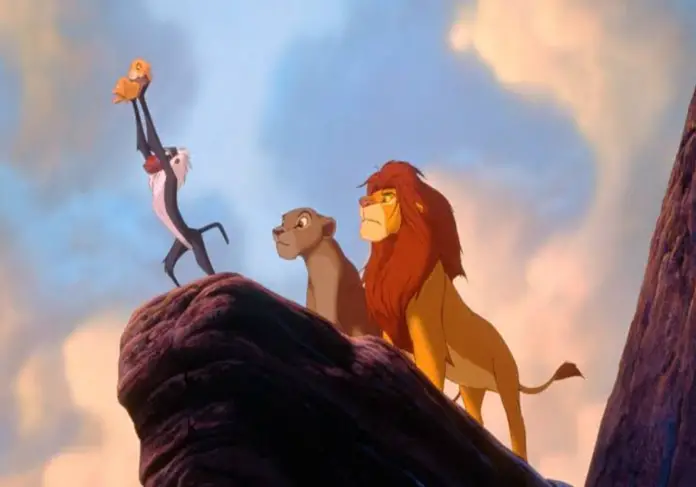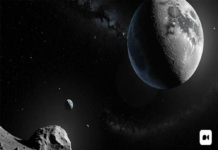Amidst the tapestry of animated tales, “The Lion King” stands as a beacon of timeless brilliance. Beneath its melodies and artistry, it whispers profound lessons that caress the very soul of our mental well-being. Come, let’s wander through the savannah of our minds, where Simba’s odyssey mirrors our struggles, resonating like the lion’s roar across eternity.
Embracing Loss and Grief:
As the sun sets on the Savannah, Simba’s world collapses with the loss of his father, Mufasa. Just as Simba navigates the waves of grief, we too encounter turbulent seas of sorrow in our lives. The film teaches us that grief is not a weakness; it’s an acknowledgment of our humanity. Just as Simba sought solace in his friends, we can lean on our support systems to mend our wounded hearts.
Dealing with Self-Doubt:
Simba’s roar once symbolized strength, but guilt and self-doubt silenced it. In the shadows of self-imposed exile, we find a reflection of our insecurities. Our minds can be a battlefield of negativity, where doubts and fears hold us captive. “The Lion King” reminds us that we must stand up to our inner Scar, embracing our true worth and casting away the shadows of doubt.
The Power of Support Systems:
Enter Timon and Pumbaa, the unlikeliest of comrades, offering Simba sanctuary, kinship, and fresh horizons. Our pilgrimage, too, is emboldened by souls who listen sans judgment, and who uplift even when our roars falter. Their camaraderie mirrors the salve of understanding friends who navigate the rugged terrain of our hearts.
Seeking Guidance:
Rafiki’s wisdom, as profound as the African sunrise, guides Simba toward his purpose. Just as Simba sought Rafiki’s counsel, we too can turn to mentors, therapists, or counselors. Their insights help us navigate the maze of our minds, revealing paths we might not have seen on our own.
Confronting the Past:
Simba’s return to the Pride Lands embodies the courage to confront our past mistakes. We may carry guilt and regrets, but like Simba, we can learn that acknowledging our past is the key to unlocking our future. In therapy, we untangle the threads of our history, weaving a tapestry of healing and growth.
Overcoming Fear:
Scar’s grip on Simba was as much about fear as it was about manipulation. We, too, are bound by our fears, often letting them dictate our choices. “The Lion King” implores us to stand tall in the face of fear, to break free from the chains that keep us from our rightful place as kings and queens of our own lives.
Accepting Change:
The Circle of Life philosophy embraces the ever-changing rhythm of existence. Just as the film’s characters accept the inevitability of change, we must learn to embrace life’s shifts and turns. Like a tree bending in the wind, our flexibility ensures we remain resilient in the face of life’s storms.
“The Lion King” offers a canvas on which the brushstrokes of mental health are painted with wisdom and empathy. Its characters reflect our struggles and triumphs, guiding us toward a more profound understanding of our minds. As we journey through the pride lands of our existence, let us remember that these lessons are a tapestry of hope, woven to remind us that embracing our mental well-being is a journey worth roaring for. Seek professional support when needed, for even Simba had his Rafiki.
# kashafAlvi
# Globalshaper
# pakistanhealthparliament
#deafactivist
#mentalhealth
About Kashaf Alvi
19-year-old Kashaf Alvi, recipient of the Pride of Pakistan recognition, Ambassador of Pakistan Health Parliament, deaf peace activist, published author, columnist, short film writer, Microsoft Certified Associate and IT enthusiast, and a member of the World Economic Forum’s Global Shaper community.







